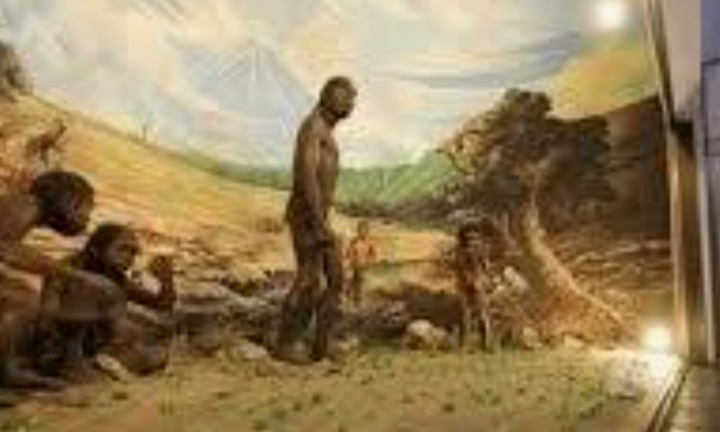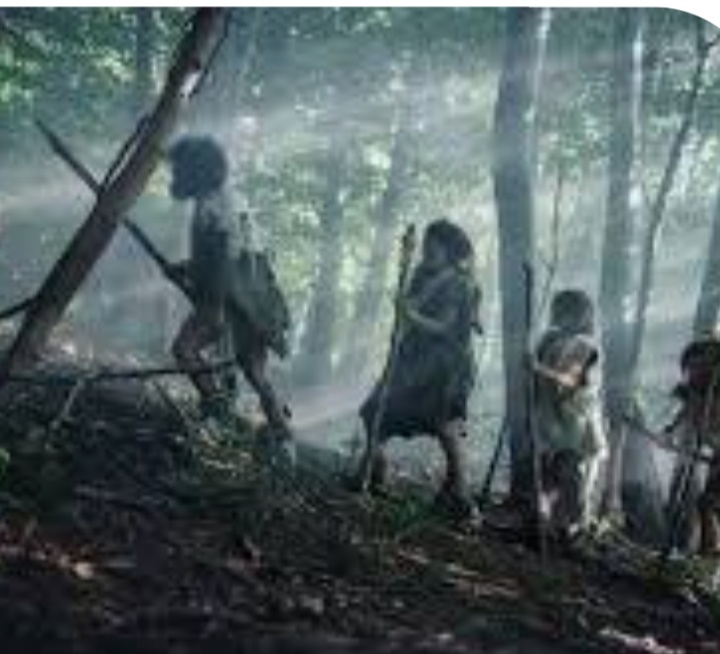No humans have had families for a long time, as evidenced by the discovery of family groups of Australopithecines. Some scientists believe that all humans may have descended from a single couple who lived 100,000 to 200,000 years ago.
Here’s some more information about the origins of human families:
Early humans lived in small family units
Early humans and other hominins, such as Neanderthals, likely lived in small family units.
Inbreeding was likely
The small population size of early humans made inbreeding likely.

Family trees loop back into each other
Geneticist Adam Rutherford says that family trees don’t consistently diverge, but instead loop back into each other.
Humans are incredibly inbred
This means that everyone on the planet today is descended from the same set of individuals.
human societies became more complex, the family unit emerged as a fundamental social structure. Historians believe that the development of agriculture around 10,000 years ago was a major driver in the formation of more cohesive family groups. The need to manage land, livestock, and resources led to the establishment of household-based production and the organization of life around the family.
Over time, the family took on various forms in different cultures, but generally consisted of a basic unit centered around a married couple and their children. This nuclear family model became widespread, though extended family structures with multiple generations living together were also common in many societies.
The specific social and cultural forces that influenced the evolution of the family concept are complex and varied. Factors such as economic systems, religious beliefs, legal frameworks, and gender roles all played a role in shaping family structures throughout human history. The family continues to evolve today as social norms and expectations change.


